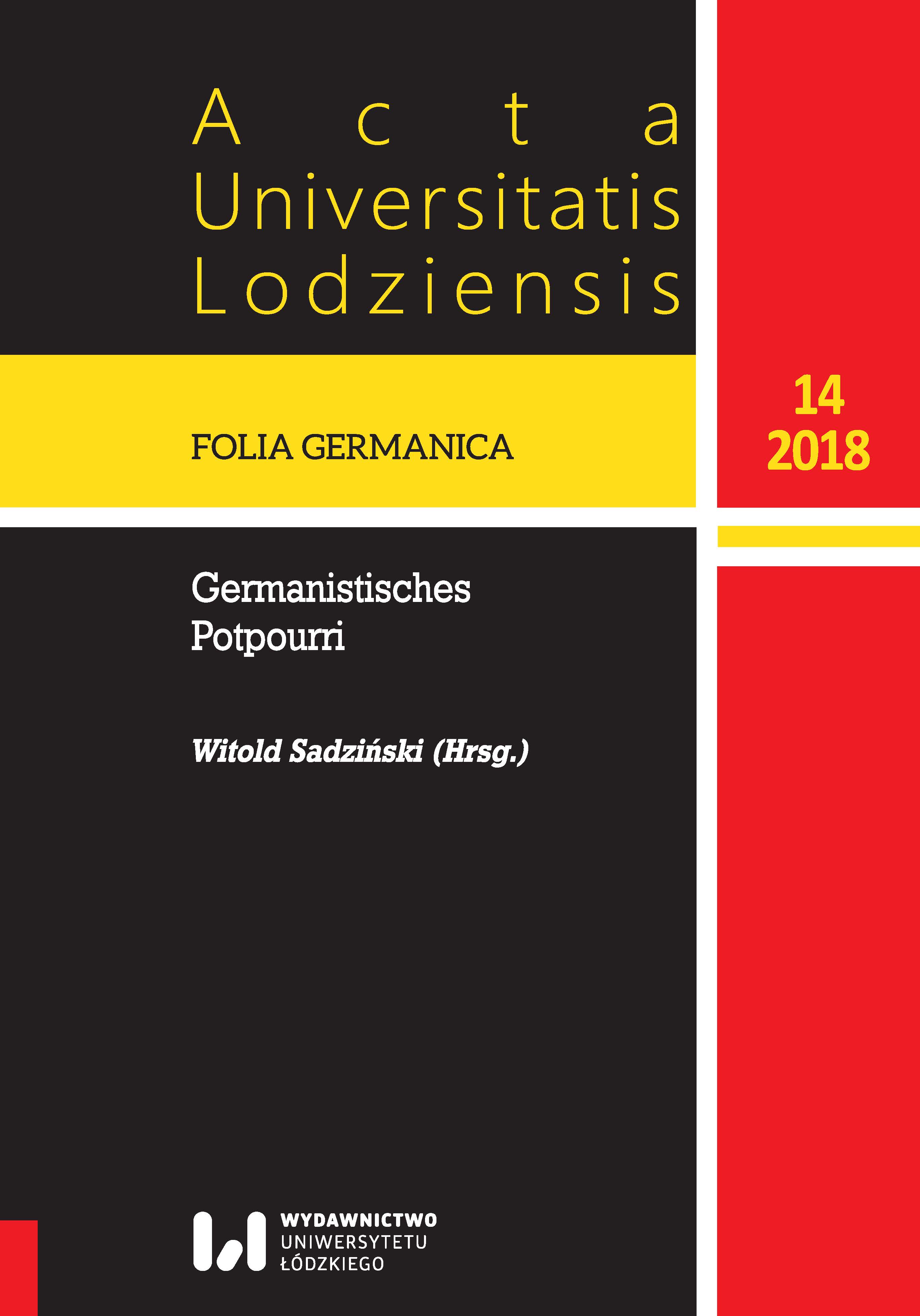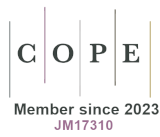About the politicization of the Antigone myth by Rolf Hochhuth
DOI:
https://doi.org/10.18778/1427-9665.14.09Keywords:
myths in the literature, Antigone, Rolf Hochhuth, Die Berliner AntigoneAbstract
The Antigone myth is one of the most famous myths in the history of literature. History of sisterly love is as old as the human civilization, although it still inspires literary scholars to look for new interpretations. Rolf Hochhuth converts mythical theme into Second World War story. Die Berliner Antigone looks at the National Socialism and asks about conditio humana. Likewise Hochhuth’s Antigone rejects human laws and buries her dead brother – nameless officer sentenced to death for his “shameless” remark: It was Hitler, not Russians, who destroyed the 6th Army at the Stalingrad. Interestingly Anne, alias Antigone, is not motivated by politics or religion but nevertheless she’s still dragged into political machinations and extermination system. Heiner Müller wrote in his biography: ‘myths are clotted collective experiences, or esperanto – an international language, that is understood not only in Europe’. Basing on Hochhuth’s story one can analyze transformations of a myth and functions attributed to it only to notice that models human behavior are basically the same. In his novel German writer is only referencing ancient myth showing readers, through modernization, how timeless the theme is.
References
Brennecke D. (1987), Rolf Hochhuths Novelle Die Berliner Antigone. In: Wolff R. (Hrsg.), Rolf Hochhuth. Werk und Wirkung, Bonn.
Google Scholar
Helmes G. (2011), Antigone in Nazi-Deutschland. In: Bauer M., Jäger M. (Hrsg.), Mythopoetik in Film und Literatur, München.
Google Scholar
Hermes E. (1992), Der Antigone-Stoff. Sophokles, Anouilh, Brecht, Hochhuth, Stuttgart.
Google Scholar
Hochgeschurz M. (1988), Christa Wolfs Medea. Voraussetzungen zu einem Text. Mythos und Bild, Berlin.
Google Scholar
Hochhuth R. (2006), Die Berliner Antigone, Stuttgart.
Google Scholar
Kołakowski L. (1972), Obecność mitu, Warszawa.
Google Scholar
Kreuzer H. (2006), Die Berliner Antigone. Nachwort. In: Hochhuth R., Die Berliner Antigone, Stuttgart.
Google Scholar
Müller H. (1992), Krieg ohne Schlacht. Leben in zwei Diktaturen, Köln.
Google Scholar
Wolf Ch. (1988), Von Kassandra zu Medea. Impulse und Motive für die Arbeit an zwei mythologischen Gestalten. In: Hochgeschurz M., Christa Wolfs Medea. Voraussetzungen zu einem Text. Mythos und Bild, Berlin.
Google Scholar
Downloads
Published
How to Cite
Issue
Section
License

This work is licensed under a Creative Commons Attribution-NonCommercial-NoDerivatives 4.0 International License.










